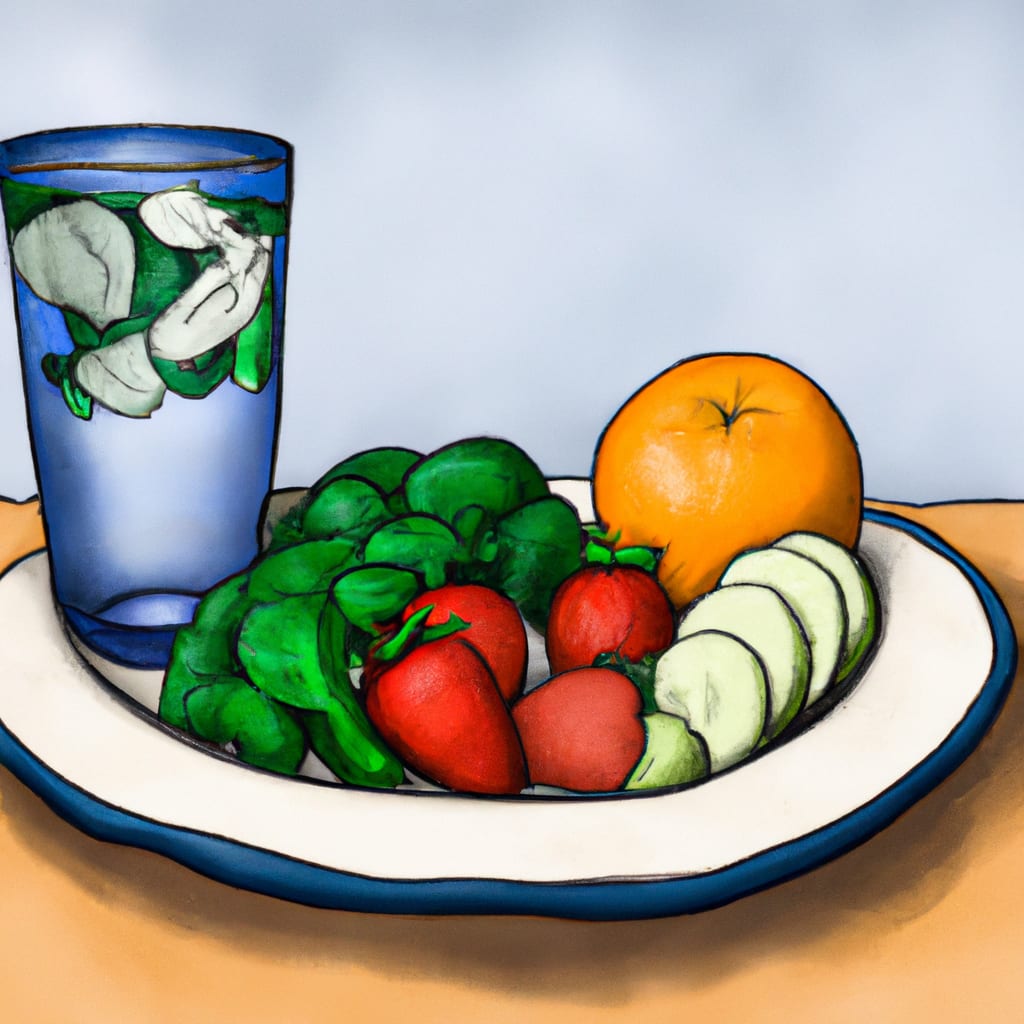"Discover the secret to Attractive Skin"
The recommendation for skin that appears glowing

Healthy, well-hydrated skin is characterized by its radiance. Skincare regimens, way of life adjustments, and nutritional changes are just a few strategies to get beautiful skin. Some pointers for having radiant skin include:
Eating for Glow-Skin
Proper nutrition is among the most crucial elements in getting beautiful skin. A diet containing plenty of fruits, vegetables, whole grains, and lean meats can give the body the vitamins and minerals it needs for clear skin. Because they aid in preventing free radical damage and encourage the creation of collagen, vitamins A, C, and E are particularly crucial for the health of the skin.
Along with maintaining a nutritious diet, it's critical to drink lots of water to stay hydrated. In order to avoid dry, dull skin from dehydration, try to drink at least eight glasses of water each day.
Setting Up a Skincare Regimen
To achieve healthy-looking skin, it's important to establish a regular skincare routine. This includes washing, toning, moisturizing, and providing the skin with sun protection. Look for skincare products that are developed for your unique skin type and issues while making your selection.
Regular exfoliation is necessary to eliminate dead skin cells and encourage cell renewal. Avoid over-exfoliating, though, as this might harm the skin. Use a mild scrub or chemical exfoliate once or twice each week to exfoliate.
A Good Night's Sleep
Getting enough sleep is a key element in developing beautiful skin. The body repairs and regenerates skin cells while you sleep, which can result in a smoother, younger-looking complexion. Try to sleep for seven to eight hours per night.
If you have difficulties falling asleep, try creating a comfortable sleeping environment, avoiding caffeine and gadgets before bed, and setting a soothing nighttime routine.
Sun protection for skin
Protecting your skin from the sun's damaging rays is one of the most crucial measures in getting radiant skin. Age spots, wrinkles, and an increased risk of skin cancer can all be brought on by UV light exposure. Wear sunscreen every day, even on cloudy days, with a minimum SPF of 30 to protect your skin.
In addition to wearing sunscreen, make an effort to limit your time in the sun between the hours of 10 a.m. and 4 p.m. and use sun protection accessories such hats and sunglasses. Regularly inspecting your skin for any changes or anomalies can also assist in the early detection of skin cancer.
Make sure to clean your skin: It's vital that you wash your skin to get remove of makeup, oil, and dirt that can block your skin's pores and create disease outbreaks. Use a mild cleanser that matches your skin type, and stay away of over-washing, which may strips your skin of its natural oils.
Controlling Stress
Stress can have a detrimental effect on the health of the skin, causing breakouts, itching, and early ageing. Try incorporating stress-relieving practices into your everyday routine, including meditating, practicing yoga, or deep breathing techniques.
It's crucial to look after your mental health as well by asking friends, family, or a therapist for assistance as needed. You may boost your general health and skin health by controlling your levels of stress.
Learning About Skin Science
It is crucial to comprehend the science of skin before going into the definitive guide to glowing skin. The skin, the biggest organ in the body, acts as a barrier against harmful outside influences including UV radiation and pollutants. The epidermis, dermis, and subcutaneous tissue make up its three layers.
The skin's epidermis, which is located on the surface, serves as a waterproof barrier. Melanin, which gives skin its color, is also present. Collagen, elastin, and other fibres that give skin its flexibility and strength are found in the dermis, which is the middle layer of the skin. The deepest layer of skin, the subcutaneous tissue, also contains connective tissue and fat.





Comments
There are no comments for this story
Be the first to respond and start the conversation.